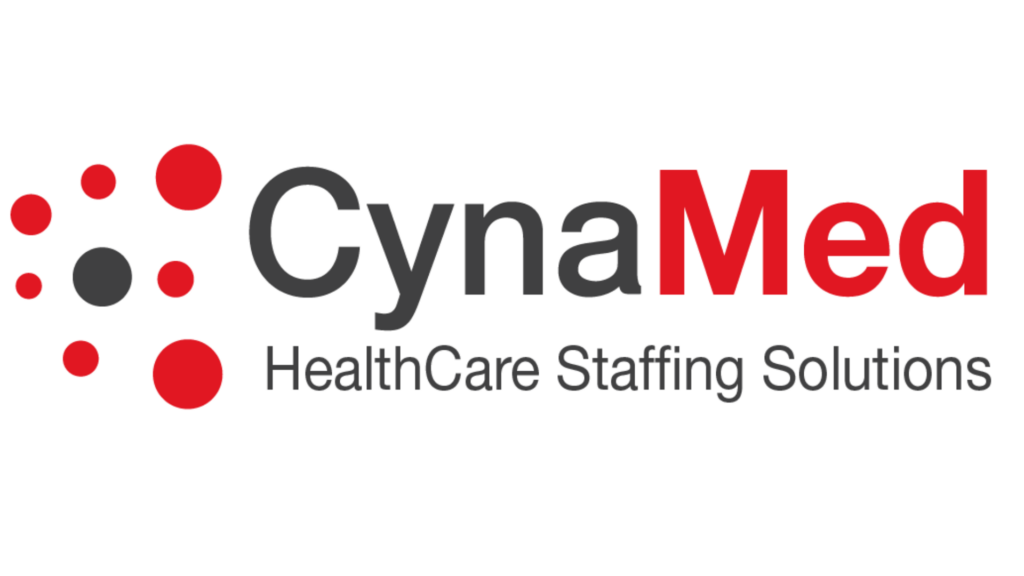Medical careers continue to grow in America, attracting newcomers to the healthcare industry every day. These new workers may be fresh graduates or mid-career workers making a change, but they are all looking for the flexibility and security that comes with healthcare jobs. The aging baby boomer population will keep nursing homes, assisted living facilities, and hospitals in business for years. Aging boomers means that careers in healthcare have an excellent growth trajectory for any potential healthcare worker looking to make the change. Licensed practical nurses (LPNs) are just one of the many career paths expected to continue to grow in order to meet these continual healthcare demands. Here is what you need to know if you are looking into an LPN job as a potential career.
What Is A Licensed Practical Nurse (LPN)?
An LPN is a type of nurse who works under a registered nurse or doctor. LPN jobs can be found in a variety of healthcare settings including doctor’s offices and clinics. This also includes hospitals, and facilities for long-term care, rehabilitation, and assisted living. LPNs work closely with patients to provide them with the care they need. The exact role of the LPN job depends on the specific healthcare setting. In a doctor’s office, the LPN may focus on patient intake by taking a health history, as well as reason for the visit, and vital signs. In a hospital setting, the LPN may provide more direct treatment under the guidance of a doctor or nurse. The types of tasks LPNs perform include:
- Taking the patient’s health history
- Taking the patient’s vital signs
- Collecting samples for testing
- Performing simple lab tests
- Monitoring the patient’s condition
- Preparing and give injections
- Preparing and give enemas
- Monitoring catheters
- Dressing wounds
- Giving alcohol rubs
- Giving massages
- Cleaning and monitoring medical equipment
- Supervising certified nursing assistants
- Reporting findings to doctors and registered nurses
- Ensuring patient comfort
- Bathing or dressing patients
As you can see, an LPN will wear several hats and perform even more tasks on a day-to-day basis. Each hospital and office is different, meaning some tasks will be left to the RN or a doctor, and others left to the LPN. That is one of the main attractions to the job, however, since an LPN will find various responsibilities across various offices.
What Kind of Training Do LPNs Need?
If you are interested in becoming a Licensed Practical Nurse, you should know what kind of training LPNs must have. There is some variability from state to state. But in general, LPNs must complete a training program and pass a licensure exam. Most states require that you be at least 18 years old to become an LPN. Most education programs require a high school diploma or a GED for admission. Many programs also require students to pass a basic academic skills test for admission. LPN training programs may be ran by private nursing schools or also by community colleges. Above all, make sure that the program you choose is accredited by the State Board of Nursing in your state before pursuing any accreditation for an LPN license. If not, you will not be eligible to sit for the licensure exam.
LPN programs are typically 9 to 12 months long. These programs provide specific coursework and hands-on training that prepares students to work as an LPN immediately upon graduating. LPN courses include Fundamentals of Nursing, Microbiology, Anatomy and Physiology. As well as Contemporary Health Issues, Nutrition and Diet Therapy, Growth and Development, Introduction to Pharmacology, Medical-Surgical Nursing, Psychiatric Nursing, and Maternal Child Health. Students also complete rotations in a clinical setting for hands-on training with patients under RN or doctor supervision. After completing their program, LPN students must pass the NCLEX-PN exam to become licensed LPNs. In addition, LPNs must pass background, health, and drug tests as well.
Why You Should Consider Becoming a Licensed Practical Nurse
Licensed practical nurses play an integral role in the healthcare industry. While some may argue that pursuing a 4-year degree to become a Registered Nurse may be a better career choice, choosing to become an LPN is a more logical and desirable option for those who are interested in entering the healthcare field.
That is because Licensed Practical Nurses enjoy a faster path to employment, with training typically lasting just 18 months. Tuition for training programs is also less expensive than RN training, meaning you will have lower up-front costs. Even if you need to take out a student loan to cover your fees, you will borrow much less than you would if you were training to be an RN.
LPNs also have the added benefit of interacting with their patients more and fewer administrative tasks. If you are becoming a nurse because you have excellent people skills and love caring for others, becoming an LPN allows you to make the most of your social skills and spend more time by your patient’s bedside. Rather than neck-deep in paperwork.
If all this sounds appealing to you, an LPN job might be the right career for you. CynaMed is the leading healthcare staffing agency in the Pittsburgh area. Instead of searching for “LPN jobs near me,” let CynaMed find the right LPN job for you.






